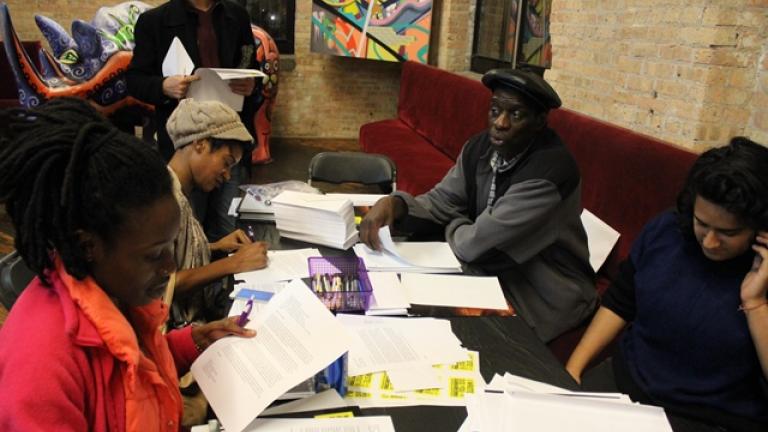Chicago children’s hospitals are experiencing an increase in the number of children with respiratory infections due to the spread of a rare virus. Eleven children in the city have tested positive for enterovirus D68, or EV-D68, which is a contagious bug that makes it difficult to breathe for some of those infected. Dr. Melanie Brown of Comer Children's Hospital discusses the quickly spreading disease.
As of Tuesday, Sept. 9, hundreds of children were reportedly sent to hospitals, across a dozen states.
View a map of states that have either confirmed EV-D68 patients or sent samples to the CDC for confirmation.
--Map by Travis Cornejo
Symptoms
The full spectrum of enterovirus D68 is not “well-defined,” according to the Centers for Disease Control and Prevention, but it is reported to cause mild to severe respiratory illness.
Dr. Mary Anne Jackson, the division director of infectious disease at Children’s Mercy Hospital in Kansas City, Mo., said patients have a cough and trouble breathing. In an interview with WebMD, she said patients act like they have asthma, even if they don’t have a history of it. Similarly, the virus is particularly hard on children with a history of breathing problems.
Transmission
Unlike other enteroviruses, EV-D68 is less studied and not as well understood. The virus can be found in respiratory secretions (such as saliva, nasal mucus, or sputum), meaning it likely spreads when an infected person coughs, sneezes, or touches contaminated surfaces.
Treatment
Currently, there are no specific treatments and no antiviral medications available for treating EV-D68 infections. However, many infections are mild and self-limited, requiring treatment of the symptoms. Those who develop a severe respiratory illness might need to be hospitalized and receive intensive supportive therapy.
Prevention
“There are no vaccines for preventing EV-D68 infections,” according to the CDC. People can follow the recommended guidelines to protect themselves from respiratory illnesses:
- Wash hands often with soap and water for 20 seconds, especially after changing diapers
- Avoid touching eyes, nose and mouth with unwashed hands
- Avoid kissing, hugging, and sharing cups or eating utensils with people who are sick
- Disinfect frequently touched surfaces, such as toys and doorknobs, especially if someone is sick








